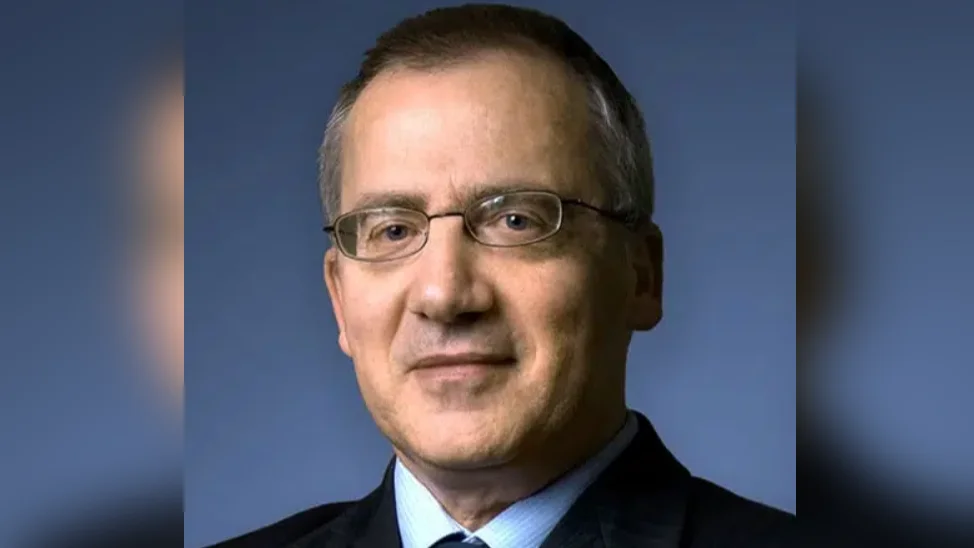
Three years ago, Monique Dorsey experienced a seemingly typical pregnancy, culminating in the birth of her daughter. However, five days postpartum, she suffered a severe thunderclap headache, leading to an emergency room visit where she was diagnosed with postpartum preeclampsia and prescribed medication.
Subsequent episodes prompted further medical attention. "I knew it was an abnormal headache. It felt very wrong," Dorsey recounted. Emergency scans revealed narrowing and dissections in her brain's blood vessels.
Transferred to Memorial Hermann-Texas Medical Center, Dorsey met Dr. Louise McCullough, chair of the Department of Neurology at UTHealth Houston. McCullough diagnosed her with reversible cerebral vasoconstriction syndrome (RCVS), a rare preeclampsia complication causing severe blood vessel spasms in the brain.
"RCVS causes spasm of the blood vessels in the brain, and her vessels were so narrowed that she did not get enough blood flow to an area of her brain and had a small stroke," explained McCullough. Treatment for high blood pressure led to Dorsey's full recovery within a month.
Preeclampsia affects 1 in 25 pregnancies and can occur post-delivery, as noted by the March of Dimes. "What many people don’t realize is that 20% of preeclampsia cases occur after delivery," said McCullough, highlighting increased risks for Black women.
During her second pregnancy last year, Dorsey collaborated with Drs. McCullough and Rachel Newman from UTHealth Houston for preventive care involving baby aspirin and anticoagulants. Despite another hypertensive episode five days postpartum, prompt intervention prevented complications.
"I had very quick access to Dr. Newman and Dr. McCullough," said Dorsey. This time, early monitoring prevented a stroke, allowing her to discontinue medication after six weeks.
Dorsey shares her experience to urge women to be proactive about their health during and after pregnancy: "Women should really ask questions and not be afraid to let the doctor know when something doesn’t feel normal."
Media inquiries: 713-500-3030
© The University of Texas Health Science Center at Houston (UTHealth Houston)
---